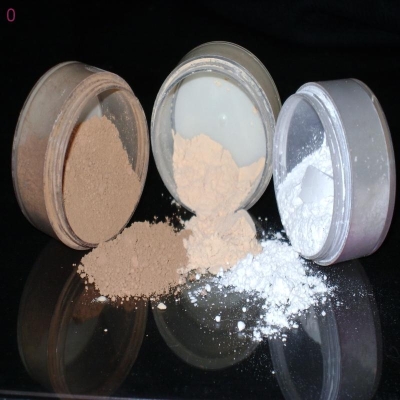-
Categories
-
Pharmaceutical Intermediates
-
Active Pharmaceutical Ingredients
-
Food Additives
- Industrial Coatings
- Agrochemicals
- Dyes and Pigments
- Surfactant
- Flavors and Fragrances
- Chemical Reagents
- Catalyst and Auxiliary
- Natural Products
- Inorganic Chemistry
-
Organic Chemistry
-
Biochemical Engineering
- Analytical Chemistry
- Cosmetic Ingredient
-
Pharmaceutical Intermediates
Promotion
ECHEMI Mall
Wholesale
Weekly Price
Exhibition
News
-
Trade Service
Title: Genomics for the life of the terrestrial organic matter by pelagic Arctic Ocean Ocean Chloroflexi bacteria
journal:
David A. Walsh et al
Published: 2018/07/05
Digital Identification Number: 10.1038/s42003-018-0086-7
Original link: theArctic Ocean accounts for only 1.4% of global ocean volume, but it receives 11% of global river flow. Nearly 33% of dissolved organic matter in the Arctic Ocean comes from land(tDOM), with carbon-rich soil and peatland accounting for a significant proportion. With the increase of temperature, the thawing of permafrost and the increase of sediments in the Arctic Circle, it can be expected that freshwater runoff and organic matter transported from rivers to the Arctic Ocean will also increase, which is bound to increase the flow and content of tDOM. The additional tDOM brings carbon sources and energy to the microbiome of the Arctic Ocean, increasing breathing and making the Arctic Circle a source of dissolved inorganic carbon in the ocean. Nearly 50 percent of the Arctic tDOM is removed before entering the Atlantic Ocean, some of which is caused by microbial action. With the addition of tDOM, understanding the role of these microorganisms plays a crucial role in understanding the carbon cycle in the Arctic.
in an article published in The Journal of Communication-Biology, a team led by David Walsh of the Department of Biology at Concordia University in Canada studied SAR202 (Green Bend Branch bacteria) in an article published in The Journal of Communication-Biology. SAR202 accounts for 10% of all plankton in the dark sea and also exists in the upper layers of the Arctic Ocean, where academics widely speculate that it has the ability to break down hard-to-degrade organic matter. So David Walsh's team envisioned THAT202 as having the ability to degrade tDOM.
researchers conducted a macro-genome survey of the Canadian basin in the Northwest Ocean, which showed that SAR202 from the Arctic Ocean had a very large number of aromatic compound degradation genes. These genes are partly transferred horizontally by land-borne bacteria. The authors' findings suggest that marine green bent bacteria have the ability to take advantage of land-based organic matter. As the Arctic Circle warms and the hydrosphere changes, the importance of their roles may also increase.
summary: The Arctic Ocean currently receives a large supply of global river discharge and terrestrial dissolved organic matter. Moreover, an increase in freshwater runoff and riverine transport of organic matter to the Arctic Ocean is a predicted consequence of thawing permafrost and increased precipitation. The fate of the terrestrial humic-rich organic material and its impact on the marine carbon cycle are largely unknown. Here, a metagenomic survey of the Canada Basin in the Western Arctic Ocean showed that pelagic Chloroflexi from the Arctic Ocean are replete with aromatic compound degradation genes, acquired in part by lateral transfer from terrestrial bacteria. Our results imply marine Chloroflexi have the capacity to use terrestrial organic matter and that their role in the carbon cycle may increase with the changing hydrological cycle.journal:
an open access journal from Nature Research publishing high-quality research, reviews and commentary in all areas of the biological sciences. Research papers published by the journal represent significant advances bringing new biological insight to a specialized area of research.
(Source: Science.com)







